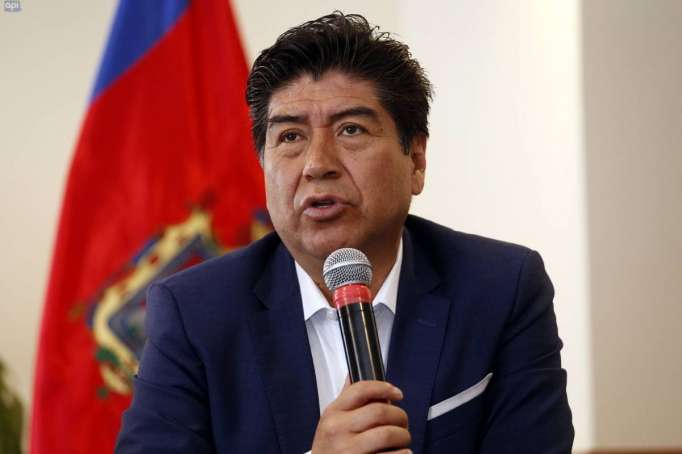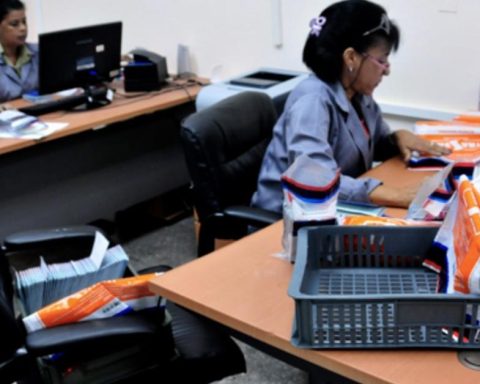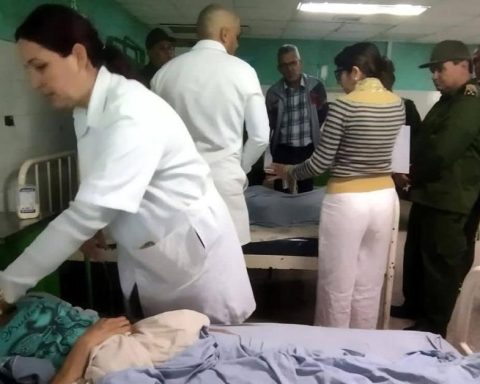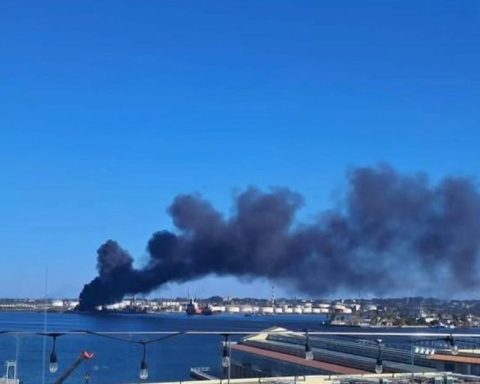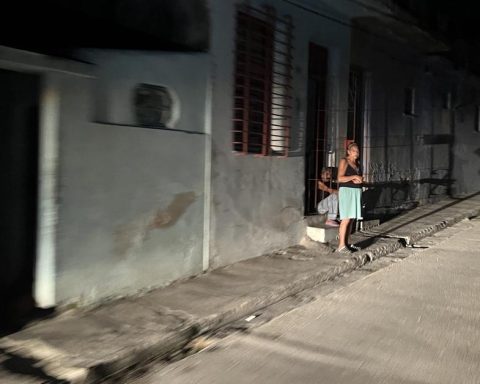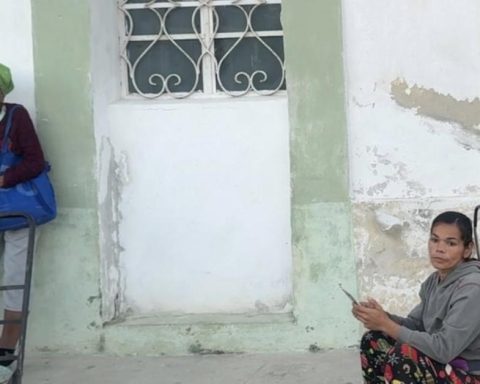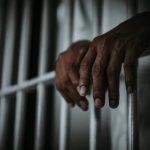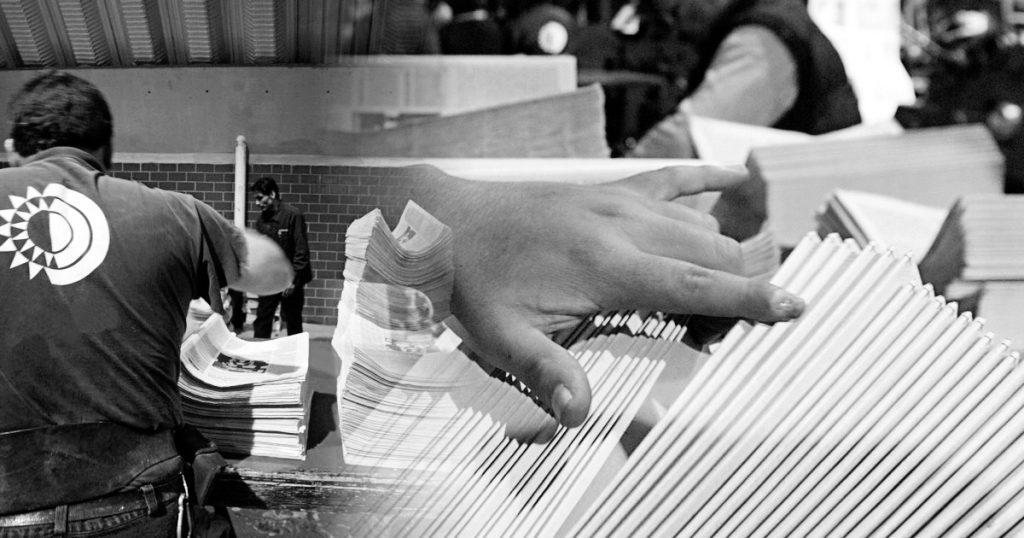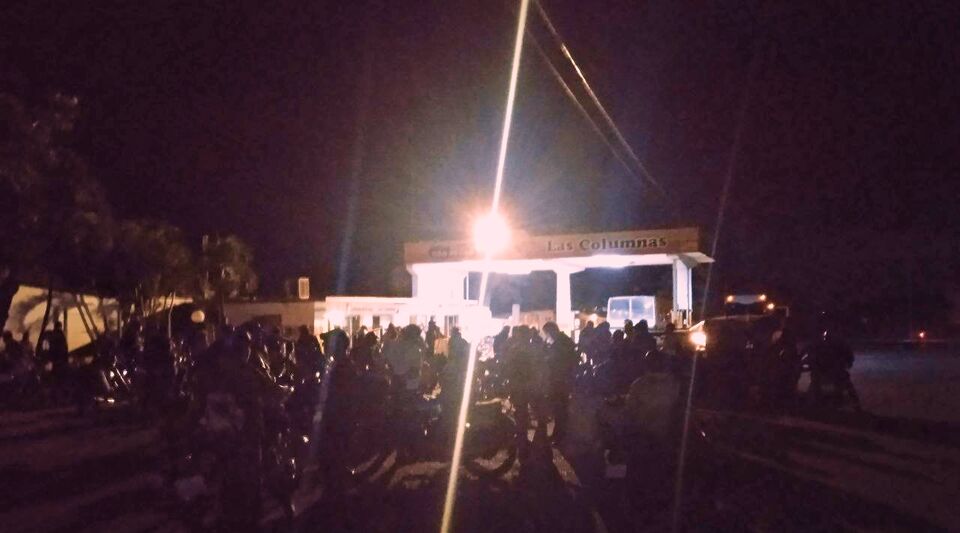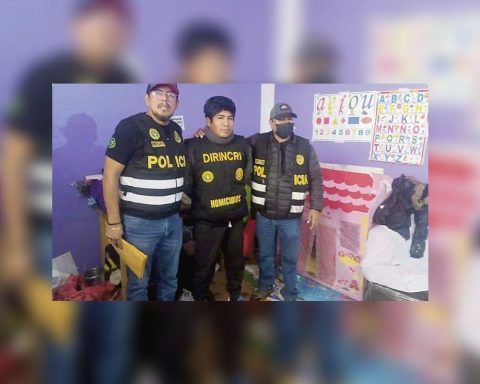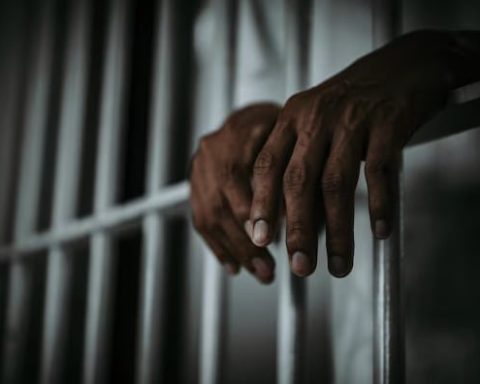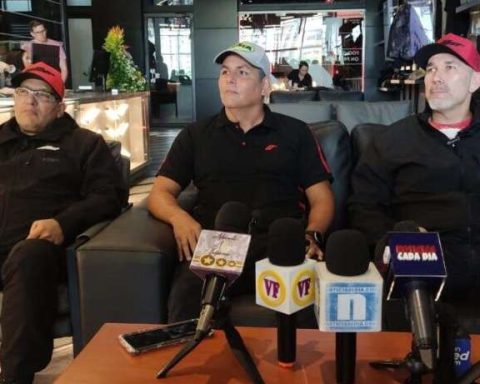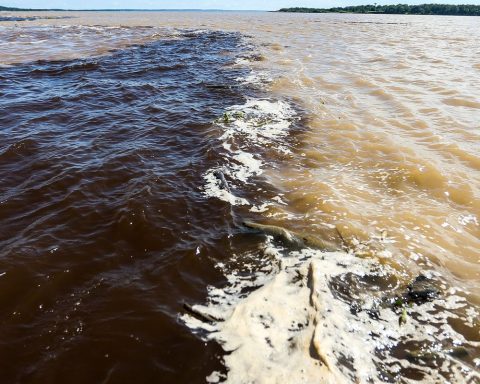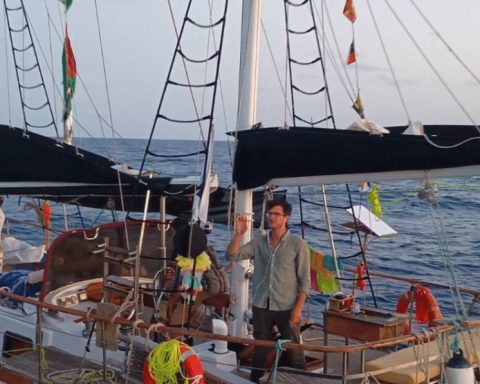The challenge presented against Judge Fabián Fabara was accepted in the first instance; the judge’s defense announced that he will appeal.
The defense of judge Fabián Fabara awaits the written resolution in which two of his colleagues accepted, orally, the request for recusal against you. His lawyer announced that he will file an appeal to avoid being separated from the trial hearing against the former mayor of Quito, Jorge Yunda and 13 others prosecuted.
The audience of challenge was held on Wednesday, December 22, 2021. A day later, the judge still awaiting the decision in which the challenge written.
What will happen next?
In case Fabara presents the appeal formally, other judges must decide whether to ratify the first instance decision or agree with the magistrate.
In the case of ruling in favor of Fabara, the legal process against Yunda will be resumed. But if the challenge, there may be changes.
Nicolás Salas, lawyer for the former Metropolitan Health Secretary Ximena Abarca, who is also being processed, indicated that the case, which is in the trial stage, would go back to zero. This means that a new court must be sorted out to hear the evidence and the Prosecutor’s thesis.
Salas adds that this would happen because the magistrates of the court who were not challenged (Wilson Lema and Patlova Guerra) already know details of what the Prosecutor’s Office said, while the judge who would replace Fabara did not.
Also, he says, Lema and Guerra, would already have a “value judgment” on the elements exposed during the 20 days that the trial stage lasted, before being suspended for the presentation of the challenge. “(And) the principle of impartiality must be guaranteed.”
The challenge was filed by the lawyer of Yunda, Marcelo Icaza, and with that he paralyzed the trial for alleged embezzlement for the purchase of 100,000 tests for the detection of Covid-19 carried out by the Ministry of Health.
On October 21, the former mayor accused the judge Fabara of being biased. In his application, he justified that “the judges who make up a court cannot express their opinion except through a sentence, which must be handed down at the appropriate procedural moment and after having evacuated the evidence that the parties present on the occasion of the theory of the case offered. ”.
So the lawyer said that Judge asked questions of a defendant, when the law determines that only the Prosecutor’s Office can question witnesses.
He explained that Fabara’s questions asked on the fifth day of the hearing were “behavioral” and not clarifying, which caused the State Attorney General’s Office to “migrate towards the Judge’s theory,” which would lead to Yunda be accused not of embezzlement, but of influence peddling.
The attorneys of Yunda said they had analyzed 115 hours of recording of the trial to support the challenge. (DPV)
IT MAY INTEREST YOU:
The Biess lowers interest rate on unsecured loans
On Christmas weekend the ‘Pico y Placa’ is suspended in Quito
Rent an apartment in Quito, up to 37% cheaper than in Lima or Bogotá
